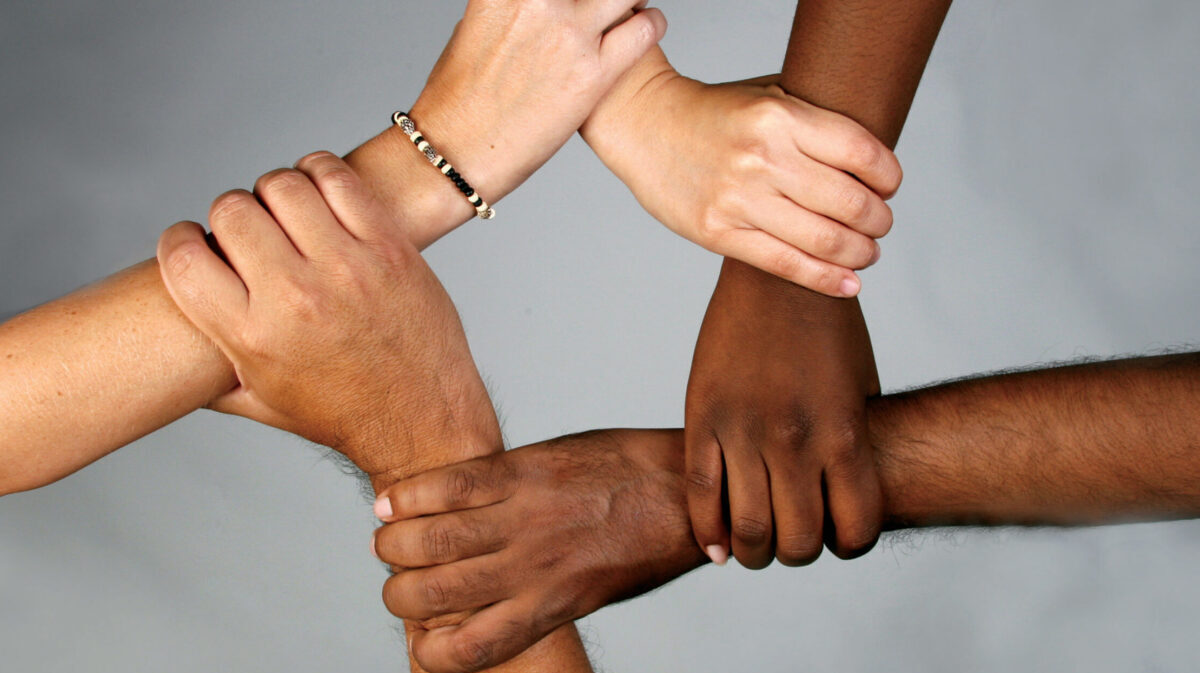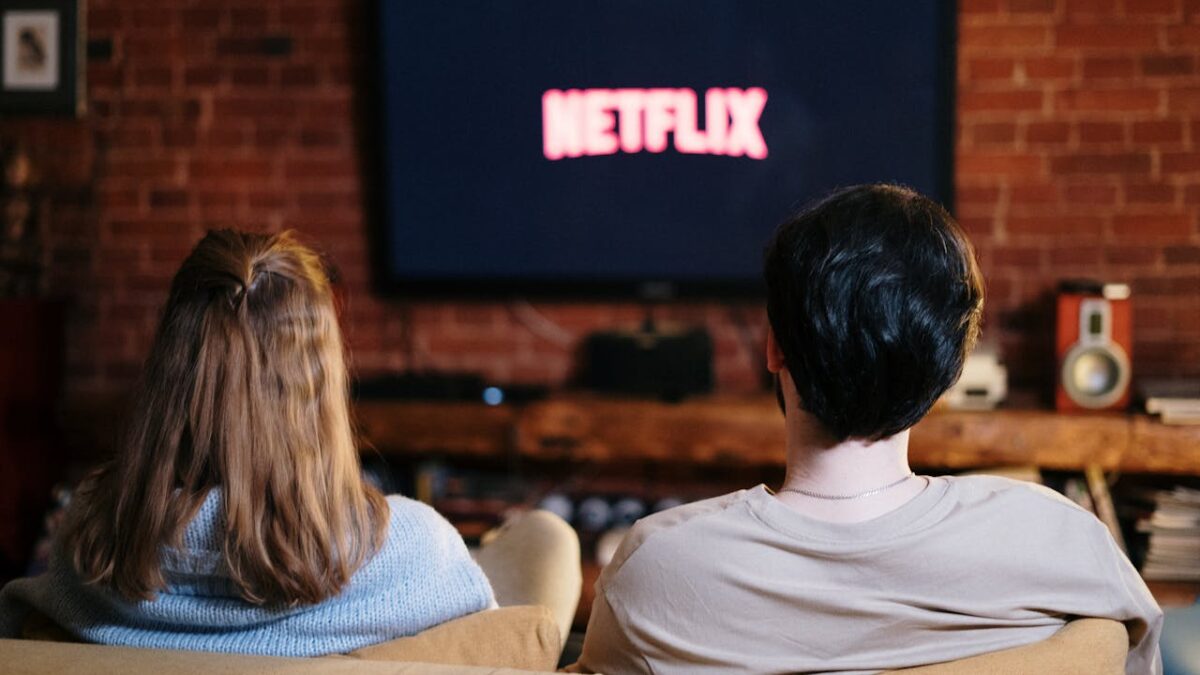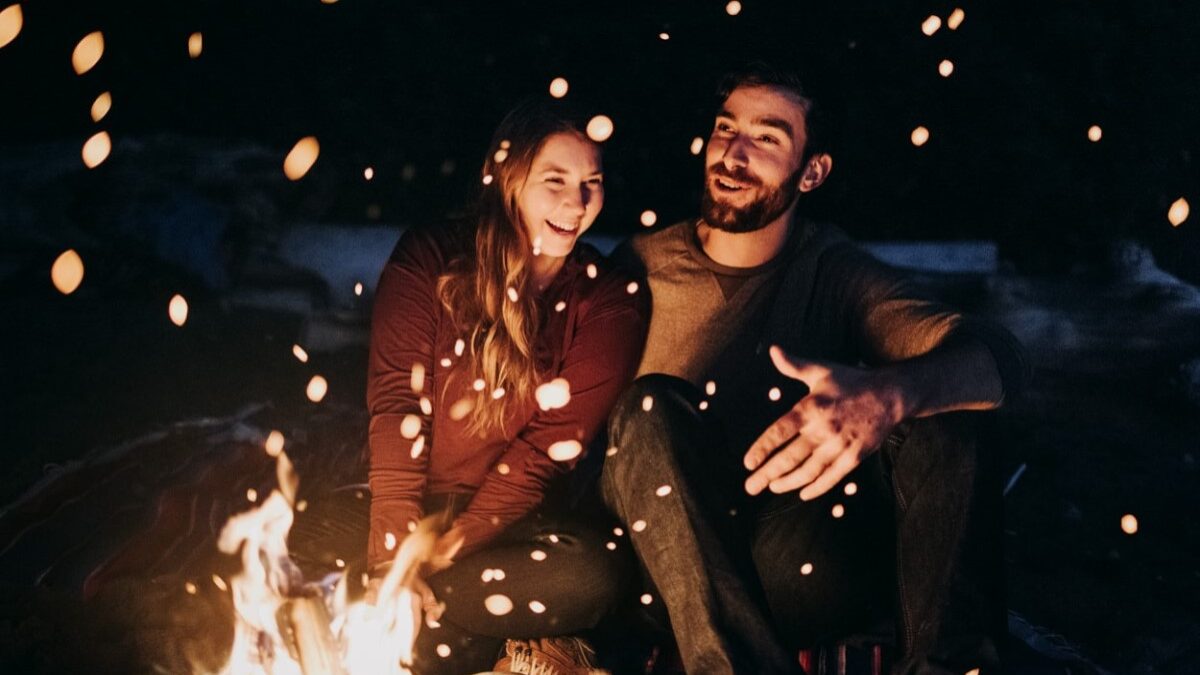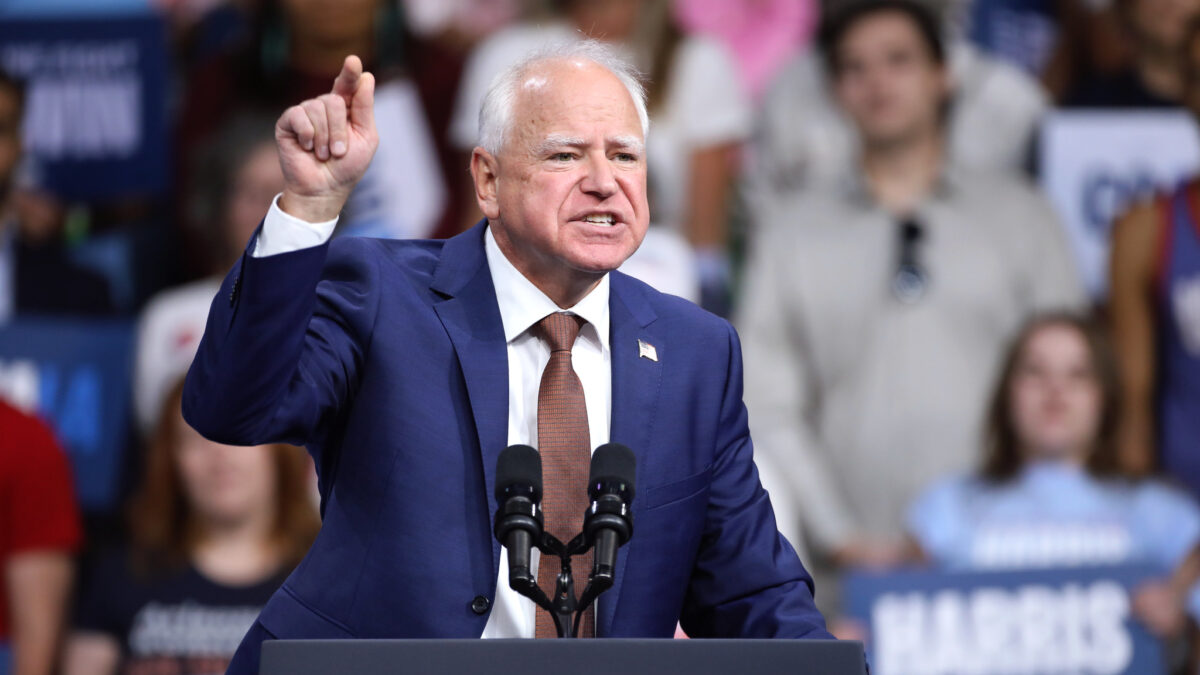Corporations and federal employers promote it as their most important value. Educators declare it as central to their mission. Our politics is increasingly defined by the need to represent it. I speak, of course, of diversity. Businesses, schools, and the entertainment industry all declare their unwavering loyalty to it. Political pundits in every election cycle now argue the need for “more diverse candidates.”
Yet who, in an America that is increasingly racially, religiously, and sexually diverse, actually represents diversity? I do. Or, more accurately, my family does.
Large Families Are Like Circus Freaks
It occurred to me recently when I was introduced to a group of highly educated, accomplished, technocratic elites from the Washington, D.C., area. It was mentioned that I had five children. Cue the incredulous shock.
“You have five children?” (Yes.) “How old are they?” (9, 7, 5, 2, and 3 months.) “How do you sleep?” (Depends on if anyone in the house is sick.) “What does your wife do?” (Well, she’s sort of the chief executive officer, chief financial officer, homeroom teacher, and head chef, all rolled into one. I’m more or less just the titular head, though on weekdays I moonlight as an evening chauffeur.)
Often the questions can be more biting. Upon learning of my wife’s third pregnancy, a co-worker asked me if I had forgotten to put on a condom. Upon learning of my wife’s fourth pregnancy, someone asked me when I was planning to visit CVS to buy a lifetime supply of contraception. For our fifth, an acquaintance bluntly demanded to know, “Are you done yet?”
Even when it’s well-meaning, my wife and I could certainly misinterpret and take offense at the comments we hear. An acquaintance recently told me he had met my wife and our “reality show-size family.” Thanks, I guess? Though that’s not exactly a compliment given how those families typically turn out!
When people try to connect with us, it’s often in bizarre, patronizing ways. Other mothers at neighborhood swim practices or ballet practices regularly volunteer information to my wife about birth control strategies, decisions to have only one or two kids, or how their husbands decided to get vasectomies. Look, just because I’ve impregnated my wife five times, we don’t need to hear about what your husband did to his vas deferens.
The Diversity Regime Is Dull
The demographics that our culture champions as “diverse” don’t have to deal with this behavior — or, if they do, they can expeditiously leverage the disciplinary arm of the modern bureaucracy to punish their detractors and coerce them into acceptable behavior. Consider the professional consequences if you reacted with shock and concern to learning that your gay co-worker had a child via surrogacy, or that your co-worker was encouraging her pre-pubescent child who thinks she’s “trans” to pursue wrong-sex hormones. The appropriate, human resources-approved response to such information would be the opposite of surprise. Whatever words we employed, they would need to communicate: “Oh yeah, very normal, nothing weird or bad about any of that!”
The whole point of diversity is supposed to be about bringing different perspectives and voices to the table because, so HR departments and woke ideologues argue, diversity improves everything and makes us more intelligent, more efficient, and more agile. Yet the elite crowd is nothing like diverse. It may be populated by people with different skin colors, national origins, or sexual and gender identities, but they are all pursuing the same narrow vision of the good life, one defined by rigidly circumscribed norms governing political, social, and familial behaviors. And they are all committed to reducing our carbon footprint through smaller families — though, of course, this creates all kinds of new problems, including labor shortages, slowing economies, and fewer people to provide for an aging population.
Oh, We’re Different All Right
In truth, it’s my family that is pushing accepted boundaries and expectations. We’re a big, homeschooling Catholic family in increasingly post-religious suburban Northern Virginia. We can’t afford streaming services or vacations. Our kids get to do one activity per season. While their public school counterparts spend their weekends being shuttled from one sport or class to another, ours spend theirs building makeshift forts in the woods and catching turtles.
You’re tired because you stayed up late drinking luxury cocktails with your friends? I’m tired because my daughters woke up at five in the morning and started blasting an audiobook because they misread the clock. You wish your significant other would clean himself up a little bit more before going out in public? My potty-training 2-year-old strolls the front yard without any pants on (and while carrying various tools he stole from my workbench). You talk with your boyfriend about the latest popular podcast? At least once a week my wife and I talk about a child’s stool or what appeared in a kid’s vomit.
Your drama involves complicated adult relationships. My drama involves who took the marbles from whom, who broke the stick a kid found in the woods 10 minutes ago, and who called whom a mean word (OK, maybe we’re not so different from you). Your exercise goal this week is to make your yoga or pilates class at least three times. My goal is to creatively turn leaf-blowing into an upper-body workout. You religiously watch HBO Max’s “House of the Dragon.” I vaguely know there is something people are watching called “House of the Dragon.”
I presume for many people, our large family is perceived as an indictment. They chose to have one kid or get a dog so they would have more freedom to pursue their own professional aspirations and hobbies; it’s possible my kids spotlight their selfish decisions. Or, alternatively, my children are a threat: either because they are “polluters” contributing to a global climate crisis, or because they are likely being raised in a conservative, religious home that rejects the dominant narratives regarding sexuality and “systemic racism.” It’s my kids who are learning in home school to honor those vilified “dead white men” of our nation’s past.
I can sense it all the time: when I’m out and about with three or more of my children or when someone walks into my office and sees the photo of my family of seven. People think I’m different, that I’m weird, that I’m not like they are. And it’s true, I suppose. I’m diverse. The diversity, equity, and inclusion crowd, in their own narrowmindedness and intolerance, simply aren’t progressive enough to realize it yet.









